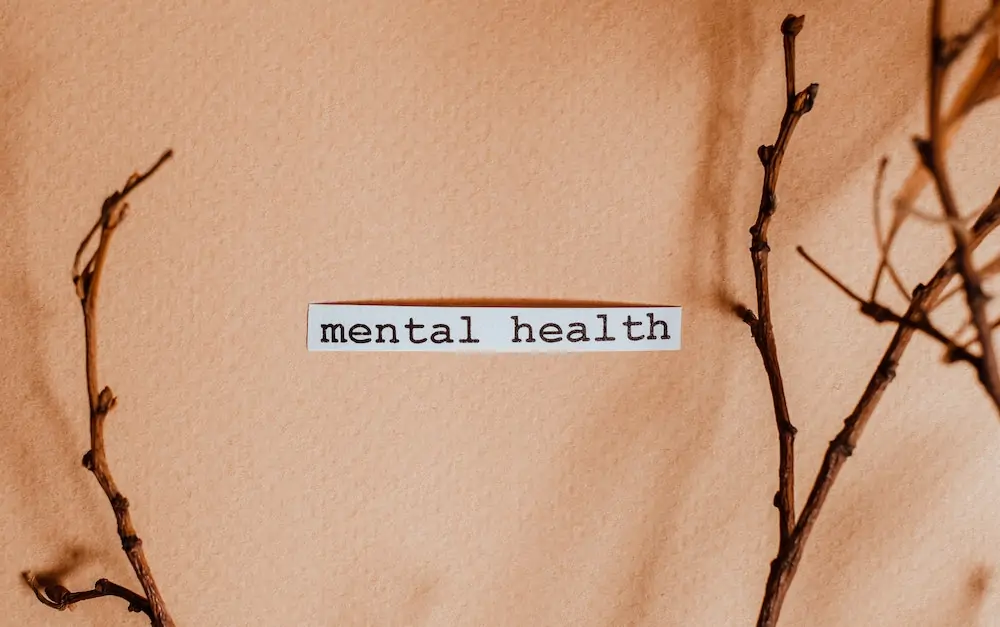The fact that trans adults are more likely to suffer from mental health problems is upsetting—and approximately half of the transgender community will suffer from a mental disorder such as depression or anxiety.
Day-to-day life, coming out, and gender identity are already tough enough on their own. And trans dating can be overwhelming—especially if you don’t know where to find a partner. Yet, trans people in our community encounter barriers to healthcare and experience harassment, assault, and discrimination that contribute to and predict mental health issues.
What Online Resources are Available to Trans People?
While the internet is full of people who can assist you, it’s also full of people who may not be of the best help.
However, numerous groups do exist that have made it their life’s mission to support and protect the trans community. This article exists to help you find those trustworthy online supporters that may be a good fit for you.
Why Is Mental Health Important?
Mental health isn’t just important. It’s critical to life. Our mental health impacts how we think, feel and act. It also influences how we deal with stress, connect with others, and make decisions.
Think of the times when you weren’t feeling like yourself. Going through the motions of life seemed impossible. It’s difficult to motivate yourself to get out of bed, much less brush your teeth, interact with others, or exercise. Simple tasks have turned into mountains to conquer. When our mental health deteriorates, we’re unable to be our best selves because of lingering feelings that lead us to have a short fuse, accept things because it’s easier, or because we can’t care enough at the time.
The body-mind connection is real. Both mental and physical health are equally important when it comes to overall well-being. Good mental health can keep you healthy and help to avoid serious health conditions. Alternatively, poor mental health can result in poor physical health or harmful behavior.
3 Online Mental Health Resources for Trans People
- Trans Lifeline is a trans-led organization that connects trans people to the support, resources, and community they need to survive and thrive.
- The Tribe – Wellness Community is a top destination for mental health support filled with expert information on mental health issues such as warning signs, treatment methods, and how to choose the right therapist.
- The Trevor Project is the world’s largest LGBTQ+ youth suicide prevention and crisis response organization with an astounding amount of resources.
Crisis Hotlines
The number of calls, texts, and other communications to crisis hotlines continues to rise. You are not alone, and there are people who want to help. If you’re thinking of harming yourself, contact someone you trust or one of these lifelines for immediate support.
LGBTQ+ Youth
The Trevor Project supports LGBTQ+ youth every hour of every day. You can call, chat, or text confidentially—without cost and judgment. You are free to share as much or as little as you choose.
- TrevorLifeline: Call 1-866-488-7386 to reach out to a real person on the other end of the line
- TrevorText: Text ‘start’ to 678-678 (standard messaging rates may apply)
- TrevorChat: Chat online via laptop or computer
LGBTQ+ Adults
- Trans Lifeline is run by and for trans people. Call this hotline if you need someone to talk to—even if you’re not in crisis or if you’re not sure you’re trans. Trans Lifeline will also not engage in non-consensual active rescue (e.g., calling 911, emergency services, or law enforcement).
- Call 877-565-8860 to talk with a trans/nonbinary peer operator who is ready to listen
- Thrive Lifeline is there to help if you’re having a mental health crisis and need to speak with a trained crisis responder. Thrive Lifeline also supports underrepresented individuals facing problems resulting from or having questions about their identity.
- Text “thrive” to 1-313-662-8209 to start a conversation with Thrive Lifeline at any time from anywhere
Social Support
Bullying is a problem for many LGBTQ+ people, whether at school, in public, or online. For trans people who lack social support in person, online relationships may be crucial to well-being.
In-person support is also available, and it provides a safe environment in which you may share your thoughts, ask questions, and connect with others who understand.
Peer Listening Lines
Community Centers
If you’re looking for an LGBTQ+ community center, there are numerous options available that you may not be aware of.
- CenterLink is a global network of LGBTQ+ community centers where anybody can find their nearest LGBTQ+ community center. Click here to get started.
- PFLAG is the first and largest organization for LGBTQ+ people, their parents and families, and allies. Click here to find a local chapter.
Online Groups
Online groups can pave the way for new friendships and connections. If you can’t find an in-person group or simply want to connect online safely, there are many choices for you.
Inclusive Faith Organizations
Religion has been a source of both comfort and grief for many LGBTQ+ people. The Human Rights Campaign is an excellent source filled with information. If you want to continue in your faith community or learn more about various faith traditions and their views on LGBTQ+ people, issues that affect them, and resources, click here.
Webinars and Live Streams
Whether you want to attend a virtual event or binge on a library of previously recorded webinars, the resources below are the perfect place to start.
When to Seek Help
There’s a good reason many resources exist for the trans community—because they are so desperately needed. You are not alone, nor should you ever have to be.
If something feels off, it’s probably because something is. You deserve compassionate, inclusive care and better days. If you see any signs below that your mental health is deteriorating, it’s time to reach out for help.
- Lack of interest
- Changes in sleeping or eating patterns
- Excessive anxiety
- Longlasting sadness or irritability
- Avoiding friends or social situations
- Overuse of alcohol or drugs
- Thinking about suicide
- Extreme mood swings
- Changes in sex drive
- Unable to carry out everyday tasks
Learn More with HER
HER is a safe and welcoming space where you can meet with other trans people, learn about LGBTQ+ events near you, and keep up with the latest news and information. We encourage you to join our safe and inviting community, where you can participate in smaller community group chats to satisfy your online or in-person desire for authentic connection. We can’t wait to meet you!
Download HER app







